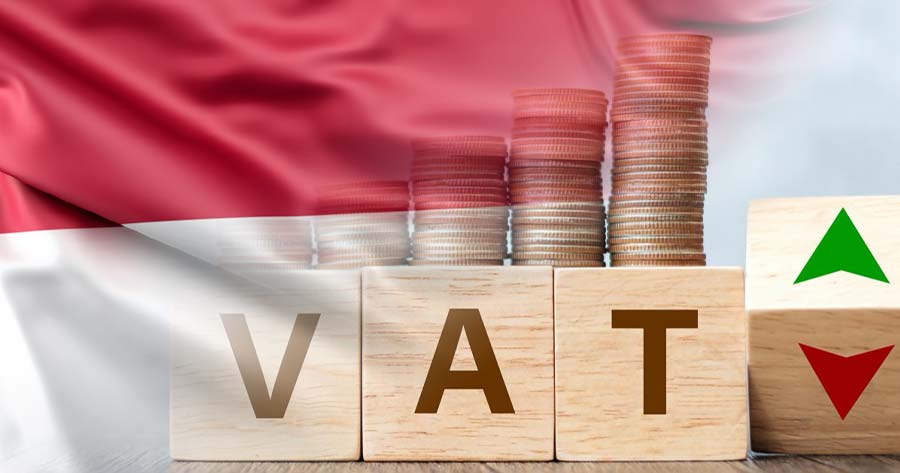Indonesia has decided to implement a broad increase in the value-added tax (VAT) rate from 11% to 12% next year, moving beyond the previous focus on luxury goods. By law, VAT is set to rise by 1% each January 1, but lawmakers have suggested a more selective approach due to growing public opposition.
Finance Minister Sri Mulyani Indrawati confirmed that the 12% VAT will apply to luxury goods and services, including premium food, international schools, and high-end hospitals. However, essential items like government-supplied cooking oil and wheat flour will remain exempt from the higher rate, staying taxed at 11%.
To soften the hike, Senior Economic Minister Airlangga Hartarto announced a 40 trillion rupiah ($2.5 billion) assistance package for lower-income earners.
Measures include a 50% electricity tariff reduction for middle-income households, income tax exemptions for workers in labor-intensive industries earning up to 10 million rupiahs ($840) per month, and an extension of VAT exemptions for home purchases valued up to 5 billion rupiahs until June 2025, after which it will be reduced to 50% by the end of the year.
The government also plans to extend tax incentives for battery EVs and introduce a 3% reduction in luxury sales tax for hybrid EVs. Carmakers such as Citroen, BYD, and GAC Aion, which have committed to establishing manufacturing plants in Indonesia, will benefit from import duty exemptions and tax reductions, according to Industry Minister Agus Gumiwang Kartasasmita.
President Prabowo Subianto aims to raise the country’s tax revenue from 10% to 18% of GDP, generating an additional 100 billion rupiah.



